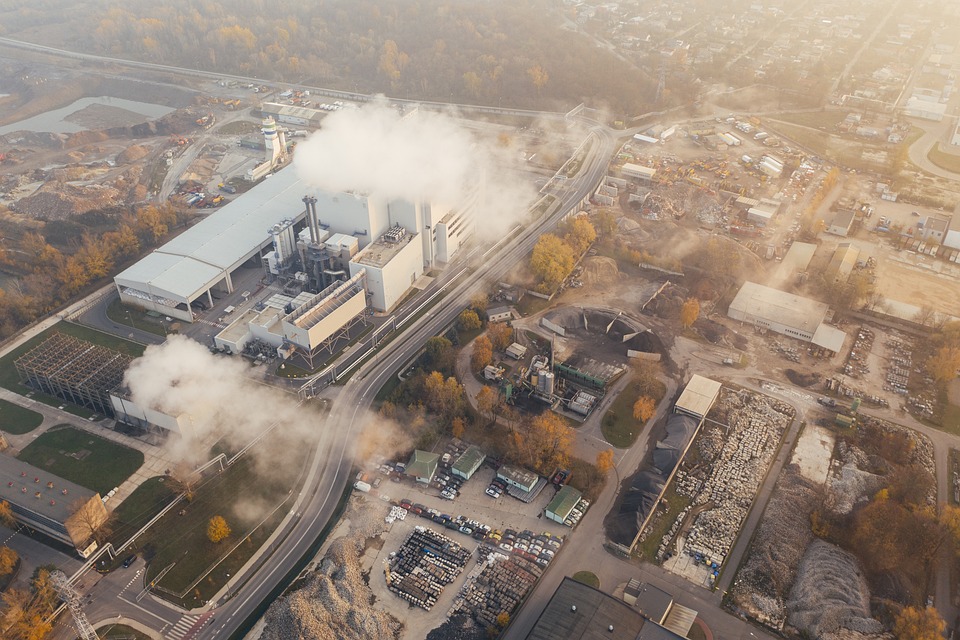What Climate Do Lychee Trees Grow In?
Lychee trees (Litchi chinensis) are tropical fruit-bearing trees native to Southeast Asia, renowned for their sweet and fragrant fruits. Understanding the ideal climate for lychee cultivation is crucial for ensuring successful growth and high fruit yields.
Ideal Climate for Lychee Trees
Tropical and Subtropical Climates
Lychee trees thrive in tropical and subtropical climates characterized by warm, humid conditions. The optimal temperature range for their growth is between 20°C to 35°C (68°F to 95°F).
Temperature Sensitivity
These trees are sensitive to frost; temperatures below 0°C (32°F) can severely damage or kill them. Therefore, areas without extreme cold are preferable, although a slight cool period can enhance flowering.
Humidity and Rainfall Requirements
High humidity levels (ideally 70% to 80%) and moderate to heavy rainfall of about 1250–1500 mm (50–60 inches) annually are essential for lychee trees. In drier regions, irrigation is necessary to maintain soil moisture, particularly during the fruiting season.
Seasonal Needs for Lychee Cultivation
Cool, Dry Period for Flowering
Lychee trees require a cool and dry period to stimulate flowering, typically with temperatures around 15°C to 20°C (59°F to 68°F). Continuous warmth or rain during this phase can hinder flowering.
Warm, Wet Growing Season for Fruit Development
Following flowering, lychees need warm, sunny conditions with adequate water for fruit growth. While rainfall or irrigation is crucial during this time, excessive rain during ripening can lead to poor-quality fruit.
Geographic Regions Suitable for Lychee Cultivation
Native and Ideal Regions
Lychee is native to southern China and is widely cultivated in Southeast Asia, including Thailand, Vietnam, and India. It also grows well in parts of Florida, Hawaii, Brazil, and South Africa.
Marginal Regions and Climate Challenges
While lychee trees can sometimes grow in Mediterranean climates if protected from frost, regions with fluctuating temperatures or extreme drought may require special care such as frost protection and irrigation.
Soil and Sunlight Requirements
Lychee trees prefer well-draining, slightly acidic soils rich in organic matter. They thrive in full sunlight but young trees benefit from partial shade to prevent leaf burn.
FAQs
– Can lychee trees grow in cold climates?
Lychee trees cannot thrive in cold climates due to their sensitivity to frost.
– How much water do lychee trees need?
They require regular watering throughout the year, especially during the fruiting period.
– Why do lychee trees need a cool period for flowering?
A cool period stimulates the flowering process; continuous warmth can disrupt this cycle.
– Can lychees grow in Mediterranean climates?
Yes, but they need protection from frost and careful management of water supply.
– What are the best growing regions for lychee outside of Asia?
Parts of Florida and California in the United States offer suitable conditions for growing lychee.
Conclusion
In summary, lychee trees require a tropical or subtropical climate with warmth, humidity, and seasonal coolness for optimal growth and fruit production. Understanding these climate needs is essential for successful cultivation and maximizing yields of this delicious fruit.

Kyle Whyte is a notable scholar and professor at the University of Michigan, holding positions such as the George Willis Pack Professor in the School for Environment and Sustainability and Professor of Philosophy. Specializing in environmental justice, his work critically examines climate policy and Indigenous peoples’ ethics, emphasizing the nexus between cooperative scientific endeavors and Indigenous justice. As an enrolled Citizen Potawatomi Nation member, he brings a vital perspective to his roles as a U.S. Science Envoy and member of the White House Environmental Justice Advisory Council. His influential research is supported by various prestigious organizations including the National Science Foundation, and disseminated through publications in high-impact journals. Kyle actively contributes to global Indigenous research methodologies and education, with affiliations to numerous institutes and societies dedicated to traditional knowledge and sustainability. Recognized for his academic and community engagement, Kyle has earned multiple awards and served in various visiting professorships. His efforts extend to leadership positions on boards and committees focused on environmental justice nationwide.
